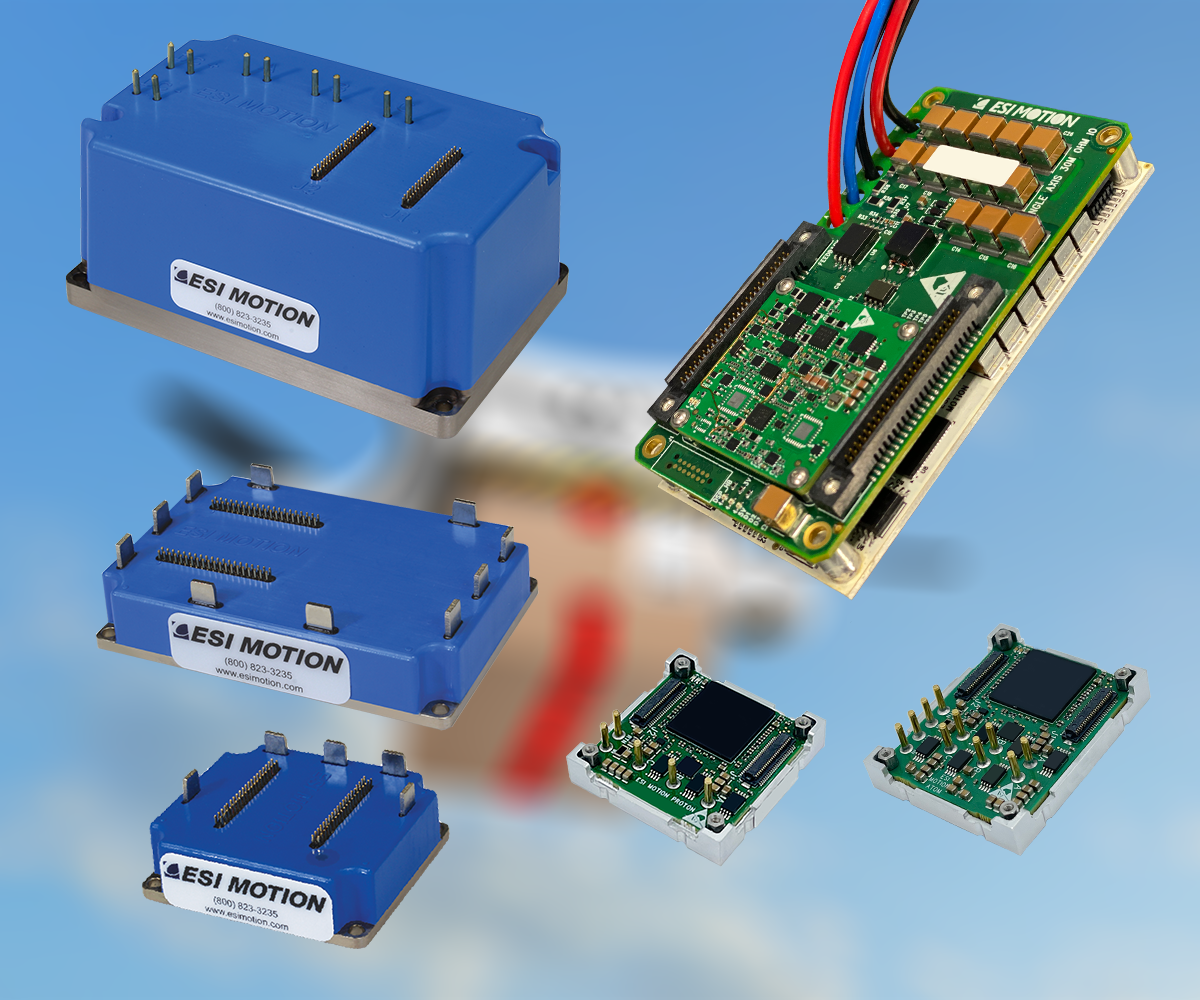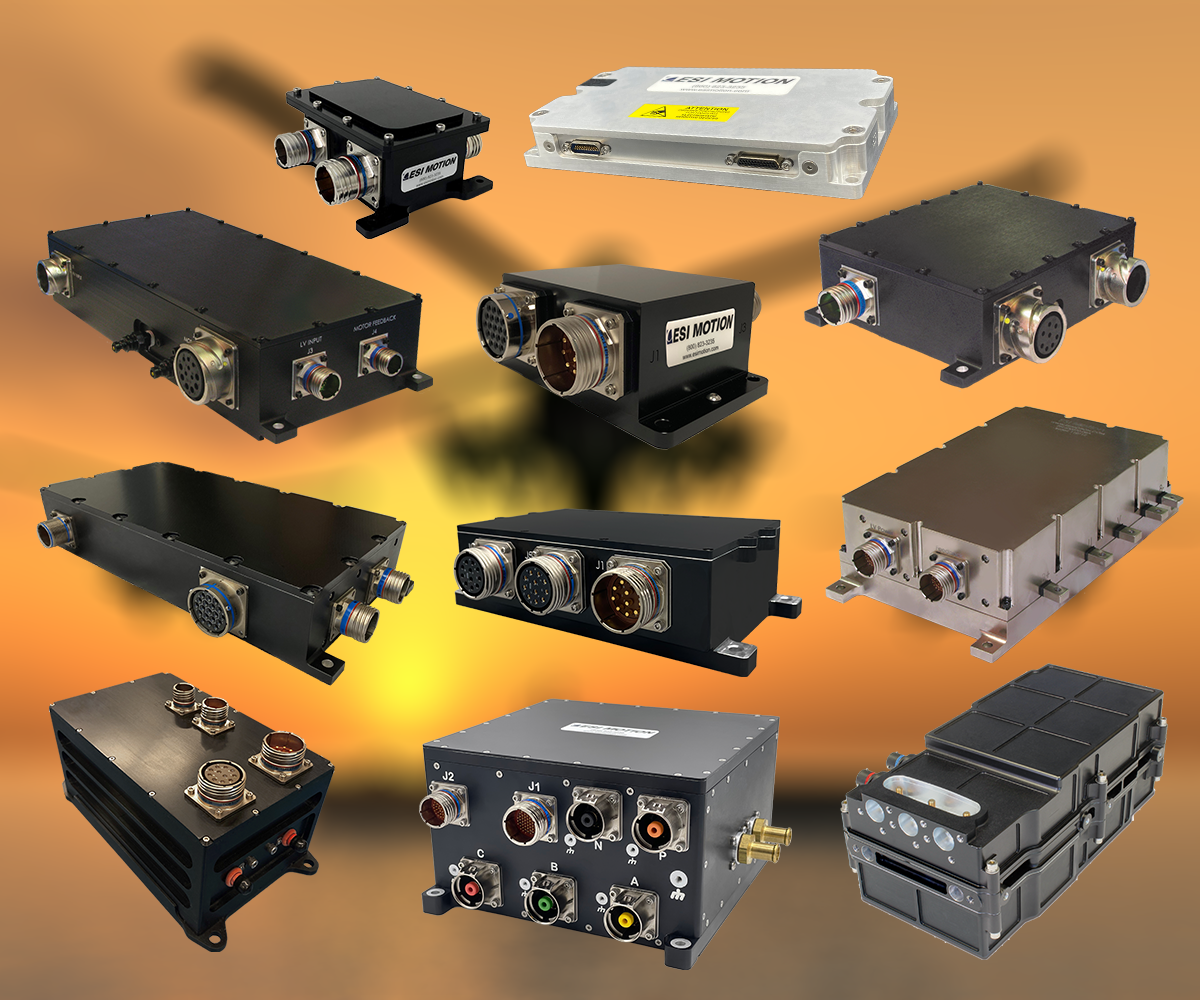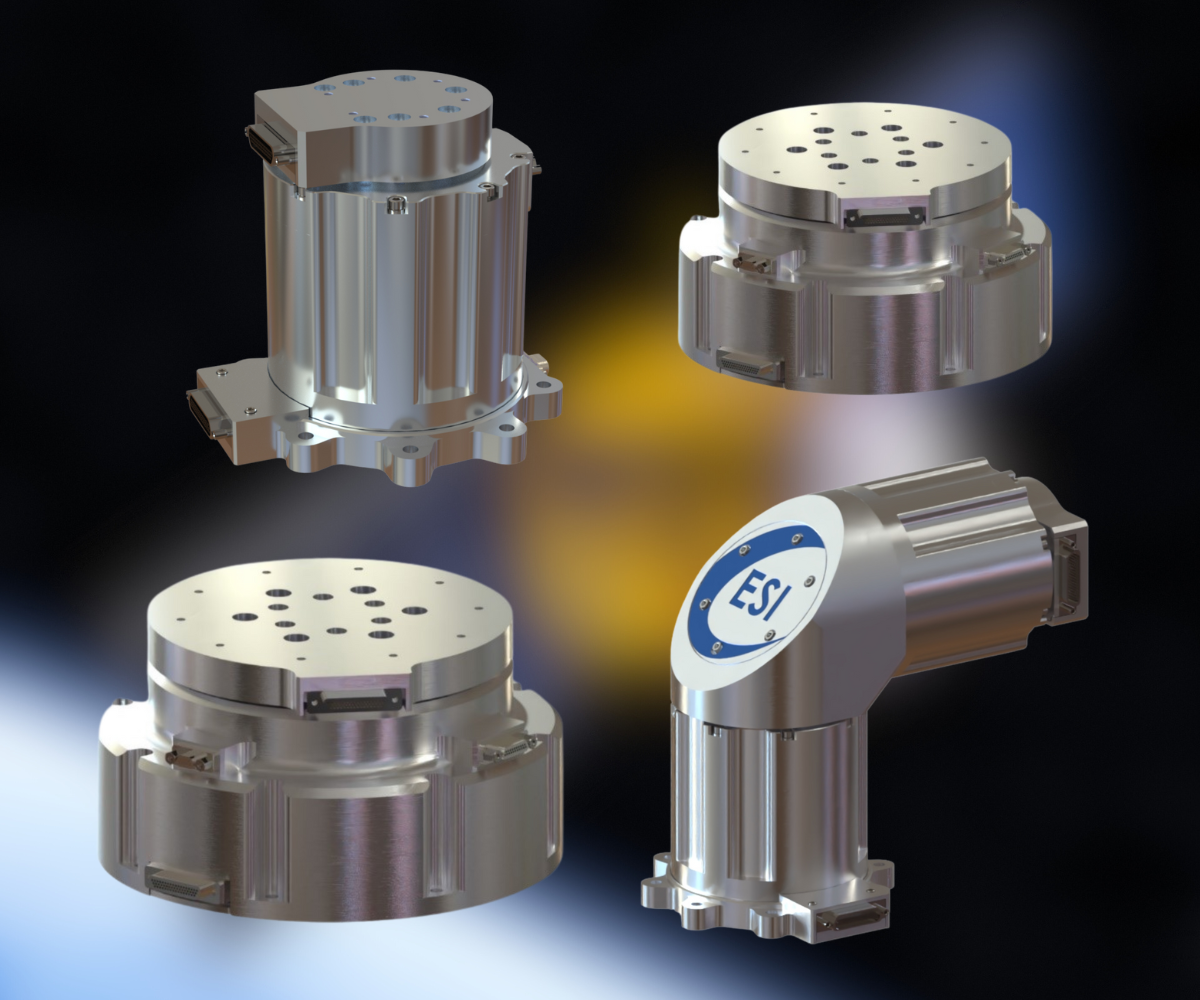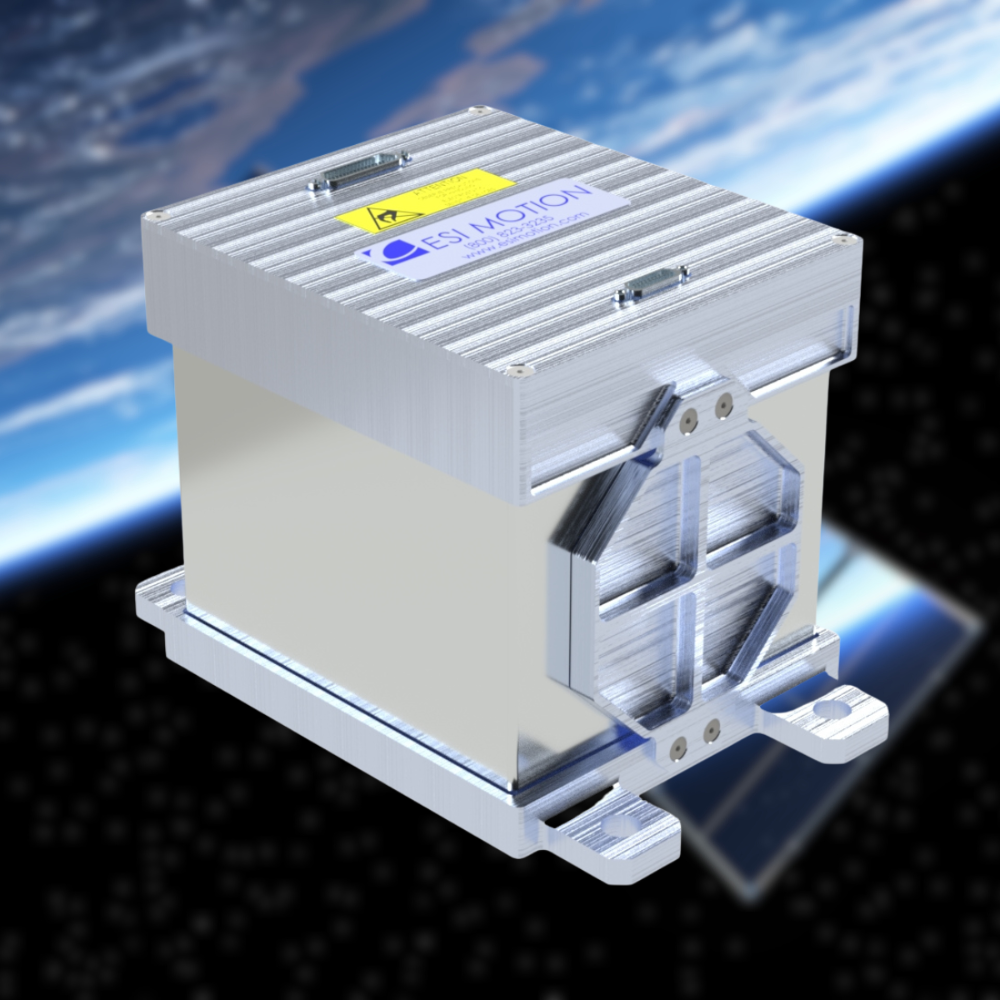DC and AC motors can be used with servo drives to achieve precise control of motion in various applications. Servo drives are specialized electronic devices that provide control signals to the motor to achieve accurate positioning, speed control, and torque control. They work in conjunction with feedback devices, such as encoders or resolvers, to provide real-time information about the motor's position and speed, allowing for closed-loop control.
Here's how DC and AC motors work with servo drives:
DC Motors with Servo Drives:
Motor Control: In a DC motor servo system, the servo drive sends a controlled voltage to the DC motor's terminals, regulating the motor's speed and direction. The drive adjusts the voltage and current based on the desired position or speed.
Feedback: An encoder or other position feedback device is typically attached to the DC motor's shaft. This device continuously monitors the motor's position and speed and sends this information back to the servo drive.
Closed-Loop Control: The servo drive compares the actual motor position or speed (feedback) with the desired position or speed (setpoint). If there's a difference (error), the drive adjusts the voltage and current to the motor to minimize the error and bring the motor to the desired state. This closed-loop control loop ensures accurate and responsive motion control.
AC Motors with Servo Drives:
Motor Control: AC motors used in servo applications are typically three-phase induction motors or synchronous motors. The servo drive controls the frequency and voltage of the AC power supplied to the motor. By adjusting the frequency and voltage, the drive can control the motor's speed and torque.
Feedback: Similar to DC motors, AC servo systems use feedback devices such as encoders or resolvers to provide real-time position and speed information to the servo drive.
Closed-Loop Control: The servo drive compares the feedback data with the setpoint and adjusts the AC voltage and frequency accordingly to minimize the error and achieve the desired motion control.
Advantages of Servo Drives:
Precision Control: Servo drives offer high accuracy and repeatability, making them suitable for applications that require precise positioning and motion control.
Dynamic Performance: Servo systems can achieve rapid acceleration and deceleration, making them ideal for applications that involve quick changes in speed and direction.
Flexibility: Servo drives can be programmed and tuned for different motion profiles, allowing them to adapt to various tasks.
Closed-Loop Operation: The use of feedback devices enables closed-loop control, which compensates for disturbances and ensures accurate motion even in the presence of external factors.
In summary, servo drives enhance the performance of both DC and AC motors by providing advanced control capabilities. They enable precise, responsive, and dynamic motion control in a wide range of applications, from industrial automation and robotics to CNC machines and motion control systems the circle the globe from space.
For solutions worthy of military and government quality for space, defense and commercial applications, contact ESI Motion. We are your solutions in the form of commercial off the shelf, modified off the shelf and customization is available to make sure your solution fits all the needs of your missions and applications. Our comprehensive approach to problem-solving allows us to deliver end-to-end solutions as well as exceptional engineering support to many different branches of the military and commercial companies. Visit our website at esimotion.com or email directly at sales@esimotion.com. You can also give us a call at +1.800.823.3235 to talk with us directly.





